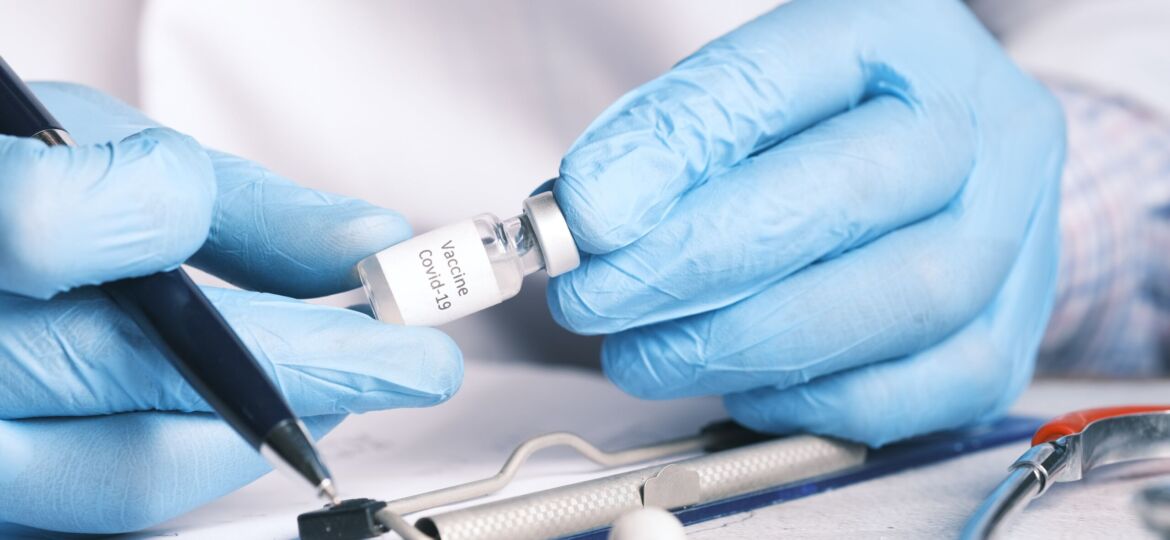
With the nation’s COVID-19 public health emergency directive set to end in May, the pharmacy industry will see at least five changes, according to the American Society of Health-System Pharmacists.

With the nation’s COVID-19 public health emergency directive set to end in May, the pharmacy industry will see at least five changes, according to the American Society of Health-System Pharmacists.
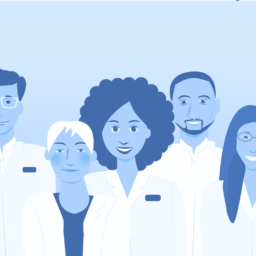
The Outcomes of Implementing and Integrating Comprehensive Medication Management in Team-Based Care: A Review of the Evidence on Quality, Access and Costs, December 2023
Good Pill will provide direct access to hundreds of life-saving medications and save families $150+/month on healthcare cost
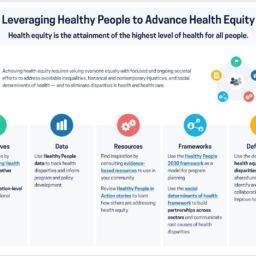
Healthy People 2030 Leveraging Healthy People to Advance Health Equity Health equity is the attainment of the highest level of health for all people. “Eliminate health disparities, achieve health equity, and attain health literacy to improve the health and well-being of all.”
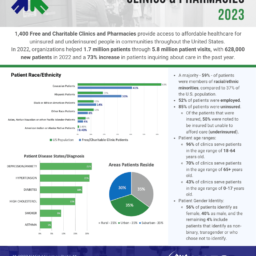
Want to learn more about Free and Charitable Clinics, Charitable Pharmacies and the medically underserved?

Starting Sept. 25, Americans can again order free COVID-19 tests through the federal government.

Today’s release of new 2020 Census data provides population counts of nearly 1,500 race and ethnicity groups and American Indian and Alaska Native (AIAN) tribes and villages.
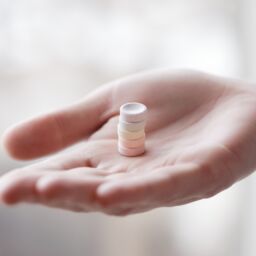
Once the continuous enrollment ends, it is estimated between 5 -14 million individuals will be affected
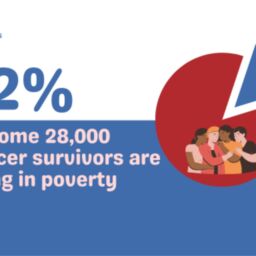
An opportunity for charitable pharmacies to collaborate with oncology practices for non-oncology medications during and after treatment.
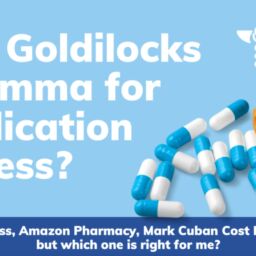
There are multiple factors that will impact an individual patient’s choice on how to go about getting their prescription medication. It can be overwhelming to navigate this complex issue.

The five most recent states to expand the scope of reimbursement for pharmacists are Maryland, Missouri, North Dakota, Virginia and Wyoming

St. Vincent de Paul Charitable Pharmacy offers article regarding impact of a charitable pharmacy on their community and patients
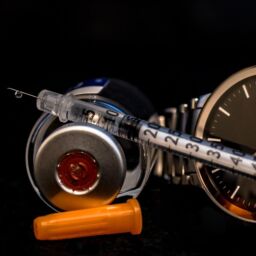
Significant improvement in glycemic control among participants demonstrates the substantial impact that pharmacies partnered with charitable medication distributors such as the Dispensary of Hope can have on individuals with insulin-treated T2D
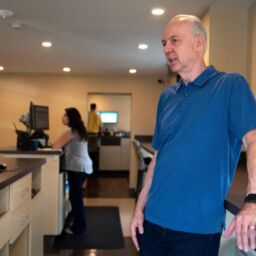
‘Unbelievably good price’: KC-area pharmacy dispenses bargain medicine — and hope Go to article
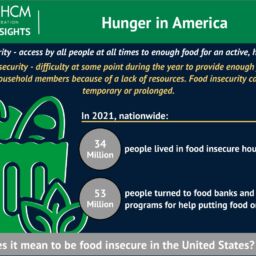
More than 34 million people in the United States were living in food insecure households in 2021, a decline from 38 million in 2020. The combination of the expanded child tax credit, Supplemental Nutrition Assistance Program benefits, and private donations all contributed to reducing food insecurity during the pandemic. Still there is much more work to be done, with food costs spiking 11.4%, the largest annual increase since 1979, inflation factors could easily cause food insecurity to grow.

